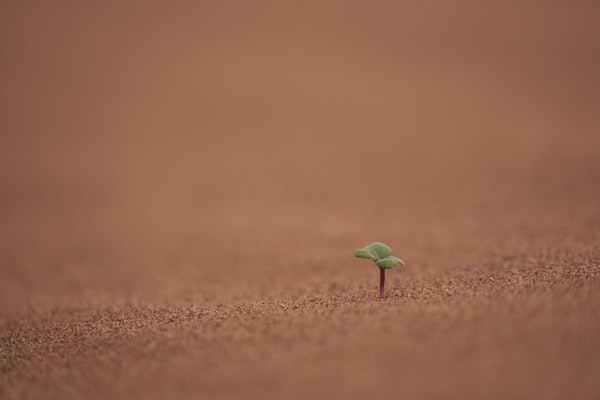The surprises
“Nature is Lovecraftian” … is it? The literature of H.P. Lovecraft in freaky, at odds with the more conventional, less morally degenerate canon of English literary fiction irrespective of the period from which the latter is selected. To say “nature is Lovecraftian” is to extend to zoologia the out-of-place characteristic we associate with Lovecraft’s characters and their plots. This is not fair. Many would think to say “nature is Lovecraftian” is to profoundly underestimate what an animal is capable of because underestimation is the source of Lovecraft’s surprise, and they would miss the point. Nature surprises us not because we usually expect very little from it but because we continually choose to obsess over the “more” normal, whatever that is, and sideline the existence of the “less”. It is not the surprise of underestimation – which fiction has always been better at mustering – but the surprise of ignorance.
Of course, given two sets N and A (for normal and abnormal behaviour), N will always be larger than A by definition. That is also how we would approach surprise: to find a member of A in N. One could argue that nature is indeed Lovecraftian because it also abides by the rule that N > A. However, I would disagree in that we have no means to prove this because, beyond statistical considerations and even subjectivity, nature is herself the architect of the human sense of beauty. We can only find in nature that which we are already looking for; our composition of the sets N and A will be guided by nature’s hand. Instead, it might be more fruitful to escape the biases of the human condition – perhaps by taking recourse through the scientific method – and arrive at the inevitable conclusion that animals do what they have to do to get their meal, and that we frequently only encounter and remember those that go about their lives in routines that we approve of.
It is no mistake whatsoever to attempt to literalise nature in terms of anthropocentric qualities, but it might be one to liken our relationship with nature to the human psyche’s definitive relationship with Lovecraft’s stories. Perhaps… is nature Doylean?



